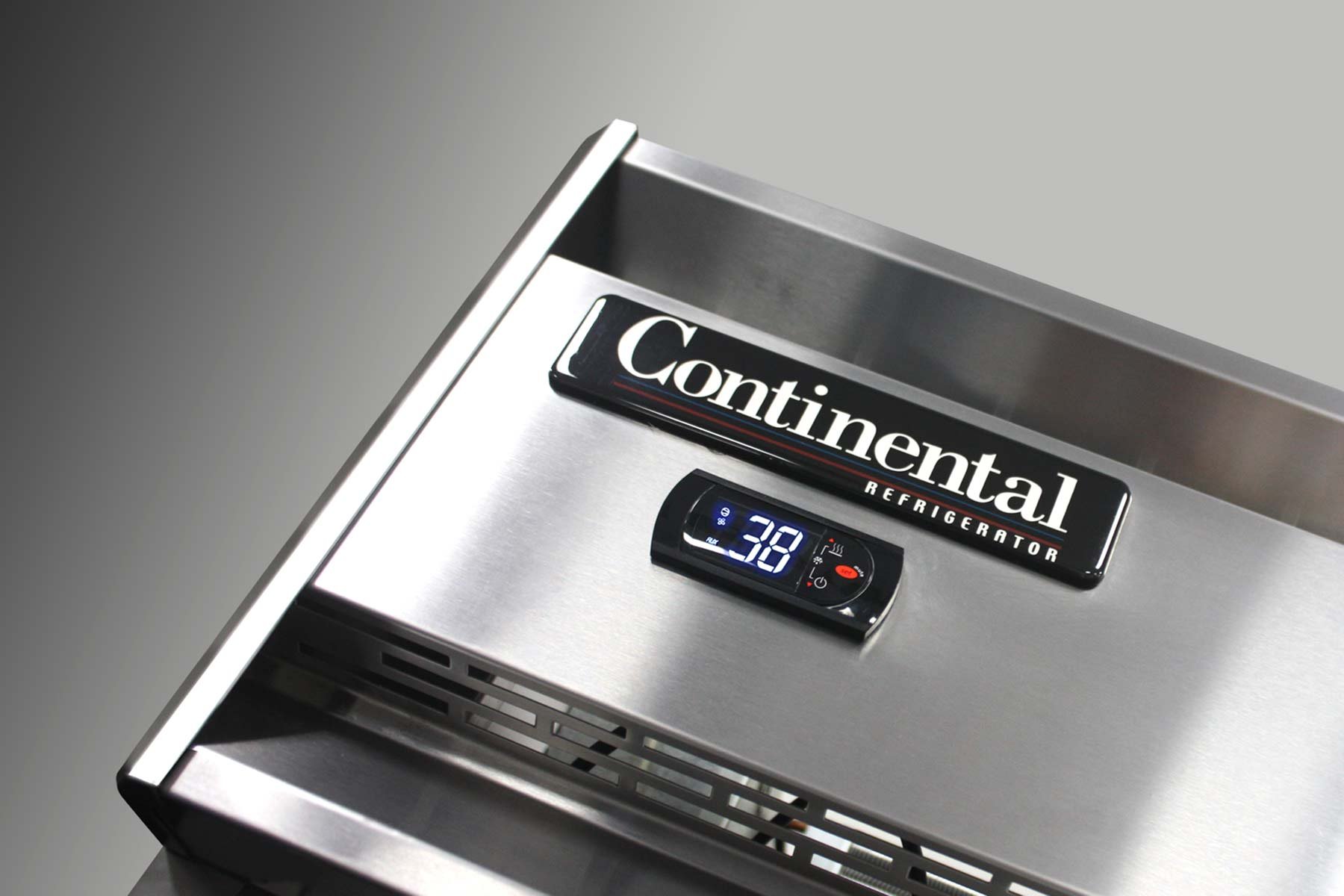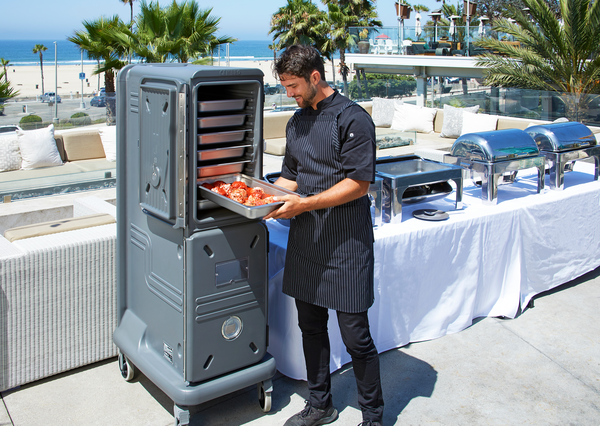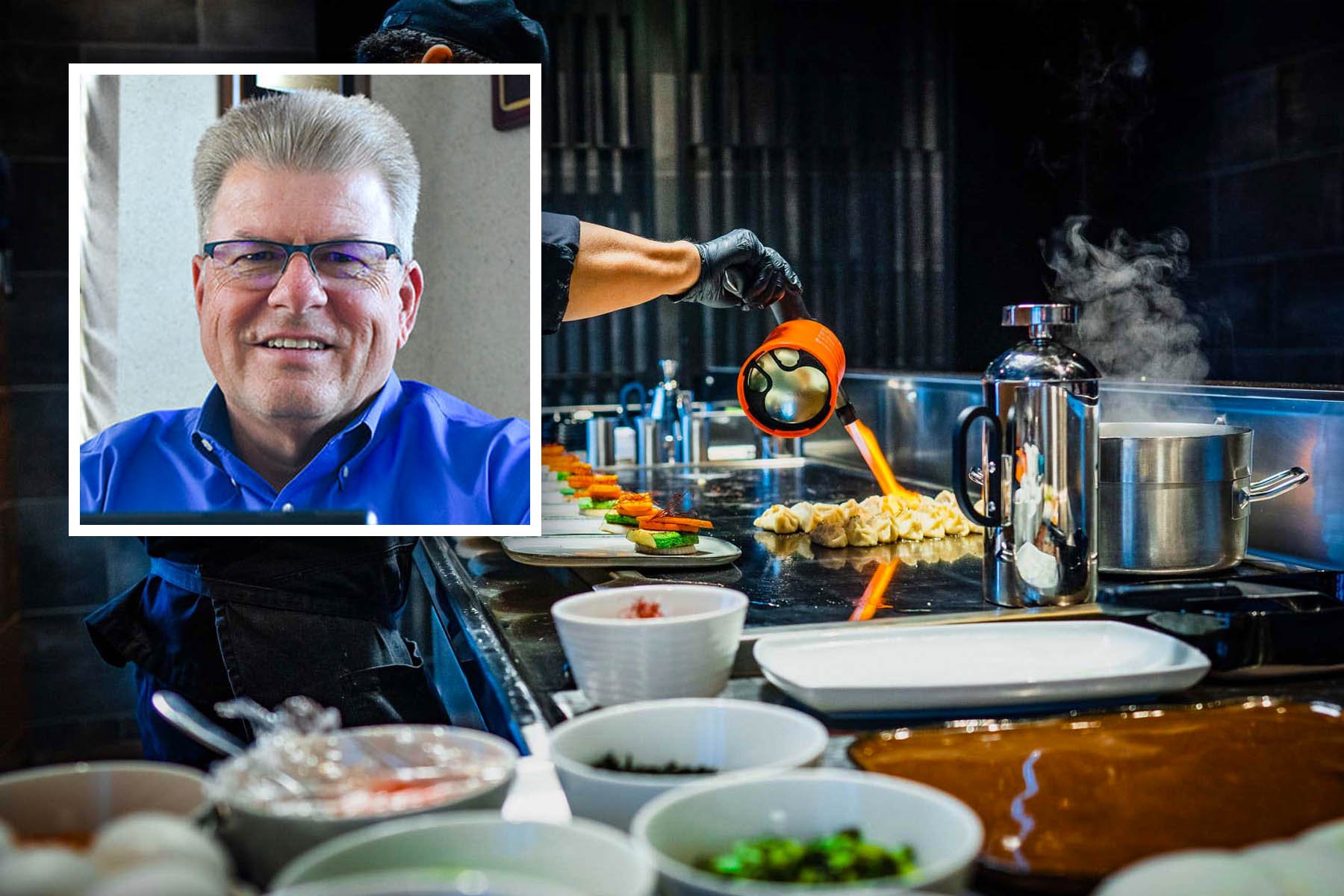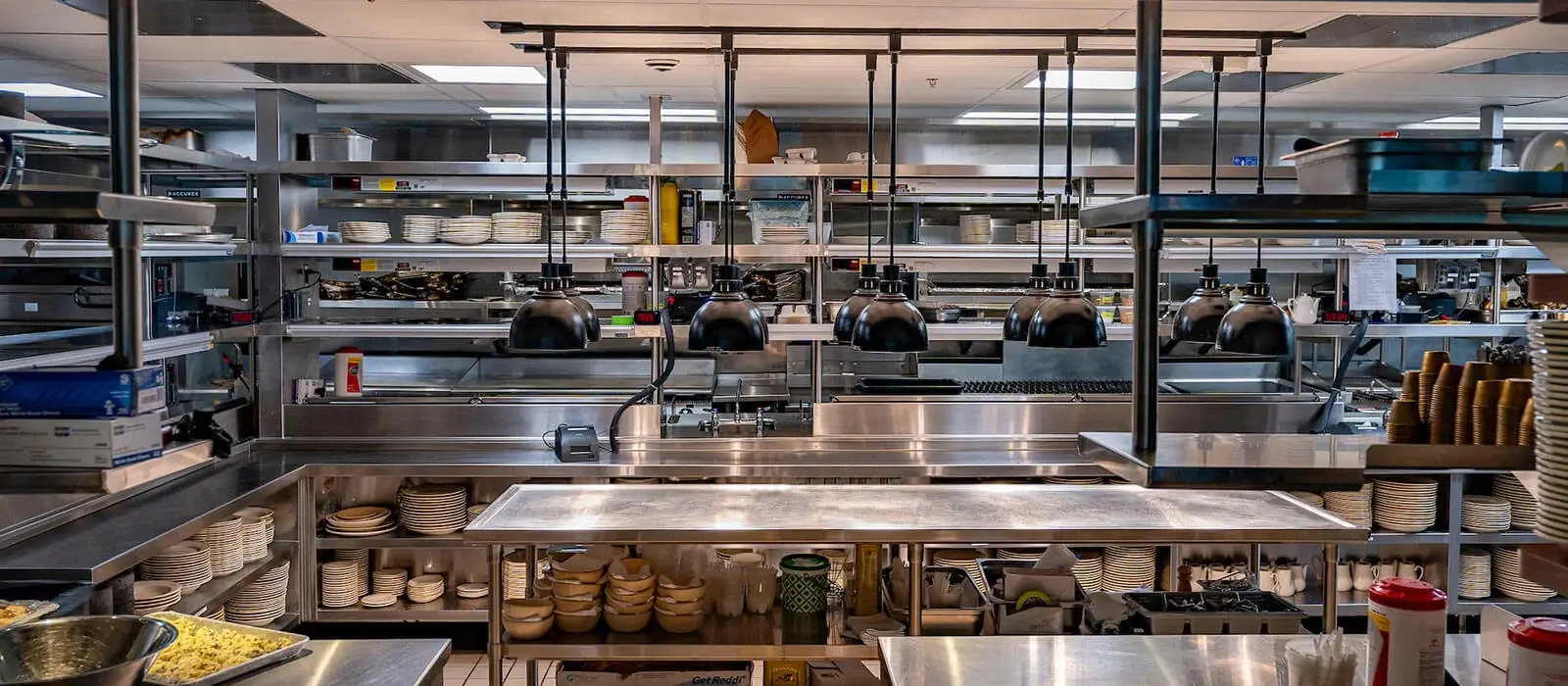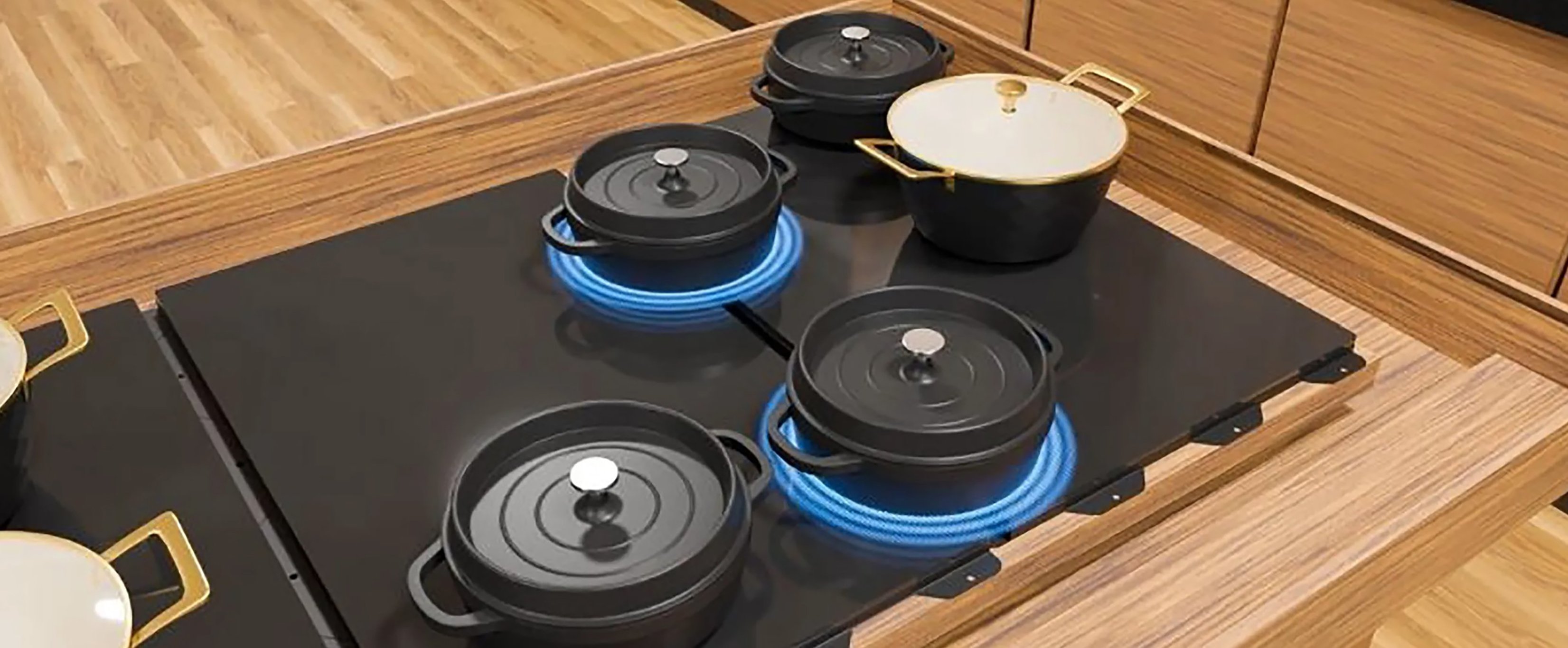New York City restaurant kitchen designers love to talk about cooktops, grills, ovens, and every stainless steel piece of equipment you can imagine. But there’s an unsung hero in restaurants across the city—refrigerator compressors. Though far from flashy, these crucial components to any kitchen should be top of mind, even when they are bottom mounted.
 Ed Pecinka Jr., President of Pecinka Ferri Associates, returns to sit down with Sam Tell for a discussion about refrigerator compressors. He tells you everything you need to know about top-mounted compressors, bottom-mounted compressors, remote compressors, and much more.
Ed Pecinka Jr., President of Pecinka Ferri Associates, returns to sit down with Sam Tell for a discussion about refrigerator compressors. He tells you everything you need to know about top-mounted compressors, bottom-mounted compressors, remote compressors, and much more.
Sam Tell: What is a compressor?
Ed Pecinka: A compressor is the heart of any refrigeration system, whether it be a reach-in and under-counter or walk-in. It drives refrigerant through the entire system. A compressor is a device that increases the temperature and the pressure from the evaporator and then compresses it to a higher pressure, basically superheating it. Once the refrigerant is compressed and heated, the refrigerant flows to the next cycle, which is the condenser.
ST: What are the advantages of a top compressor?
EP: A top-mount refrigerator is primarily taking the condenser and the compressor and putting it up on the top of the unit. What that does is it makes the system free to be able to discharge the heat that is created from the refrigeration cycle and keep the cycle operating at lower ambient temperatures. You want the heat away from the employees working in the room. A top compressor increases the efficiency while running cooler. It decreases the power usage when it's top mounted.
It's also easier to service the equipment when it's top mounted because the refrigeration company doesn't have to crawl around on the floor. It doesn't need to be cleaned as often either. You need to make sure that your compressor and condenser are clean of dirt [or] dust because if they're not, they're not going to operate properly. So there's not as much dust up top as there is on the floor. The refrigerant doesn't have to run through the back of the cabinet. It also provides more inside space if the compressor is top mounted.
ST: What are the advantages of a bottom compressor?
EP: The condenser operates near the floor where it might be a little bit cooler. Heat rises, so there may be more heat on the top area where the compressor would be in some kitchens than in others. So it might be cooler on the floor. Airborne grease and steam won't get into the refrigeration units when you use a bottom compressor. The other thing is if service is needed, the service man may have an easier time accessing the bottom compressor, depending on the kitchen layout.
ST: What types of restaurants would use a top-mounted compressor and which types might use a bottom-mounted compressor?
EP: Most high-level restaurants and chains utilize top-mounted compressors. Food service equipment designers and consultants will specify top-mounted units primarily because of heat loads and because they are more efficient. Top-mounted compressors are also smaller, which helps you save energy.
ST: What is a remote compressor and what are the advantages of a remote compressor?
EP: Remote compressors are a refrigeration system that has the condensing unit, including the compressor, located in a different spot to provide cooling. It's connected via refrigerant piping, so that the refrigerant can flow back and forth during the refrigeration cycle. With a remote compressor, you’re able to locate the units in a different part of the kitchen or in a completely separate room. Not only can that potentially save space, but more importantly, the buildup of heat is away from the employees and away from areas of the kitchen that are already hot. Also, remote compressors are much more quiet than top- or bottom-mounted compressors.
ST: How long should a compressor last?
EP: Between 12 and 15 years with proper maintenance. And when I say “proper maintenance,” that means making sure that the fan is clean. The biggest problem you see with compressors is that, just like air conditioners, there's a grill and that grill will suck in dust. And if you let dust collect on the grill, it’s not going to allow the air to flow through and it'll just create havoc.
ST: How does Continental differentiate itself from competitors when it comes to compressors?
EP: So the manufacturers that Continental partners with stand behind all of their products. They do extensive testing, and they warranty and support the product. The extensive testing that Continental does, they have three environmental chambers in the factory with a total of six recording stations that allow them to test various temperatures and humidities so that when the units are built and tested, they’re running at peak efficiency.
ST: What kind of warranty does Continental have on compressors?
EP: All R290 units are warrantied for seven years. There are various manufacturers that have different types of warranties and some of them offer full replacement warranties. Others provide warranties where if you used it for two years, they only give you three years worth of replacement cost. Some manufacturers have tiered warranties, but Continental doesn't do that. You have a seven-year compressor warranty for R290 units.
Connect with your Sam Tell sales rep to talk about kitchen compressors!
